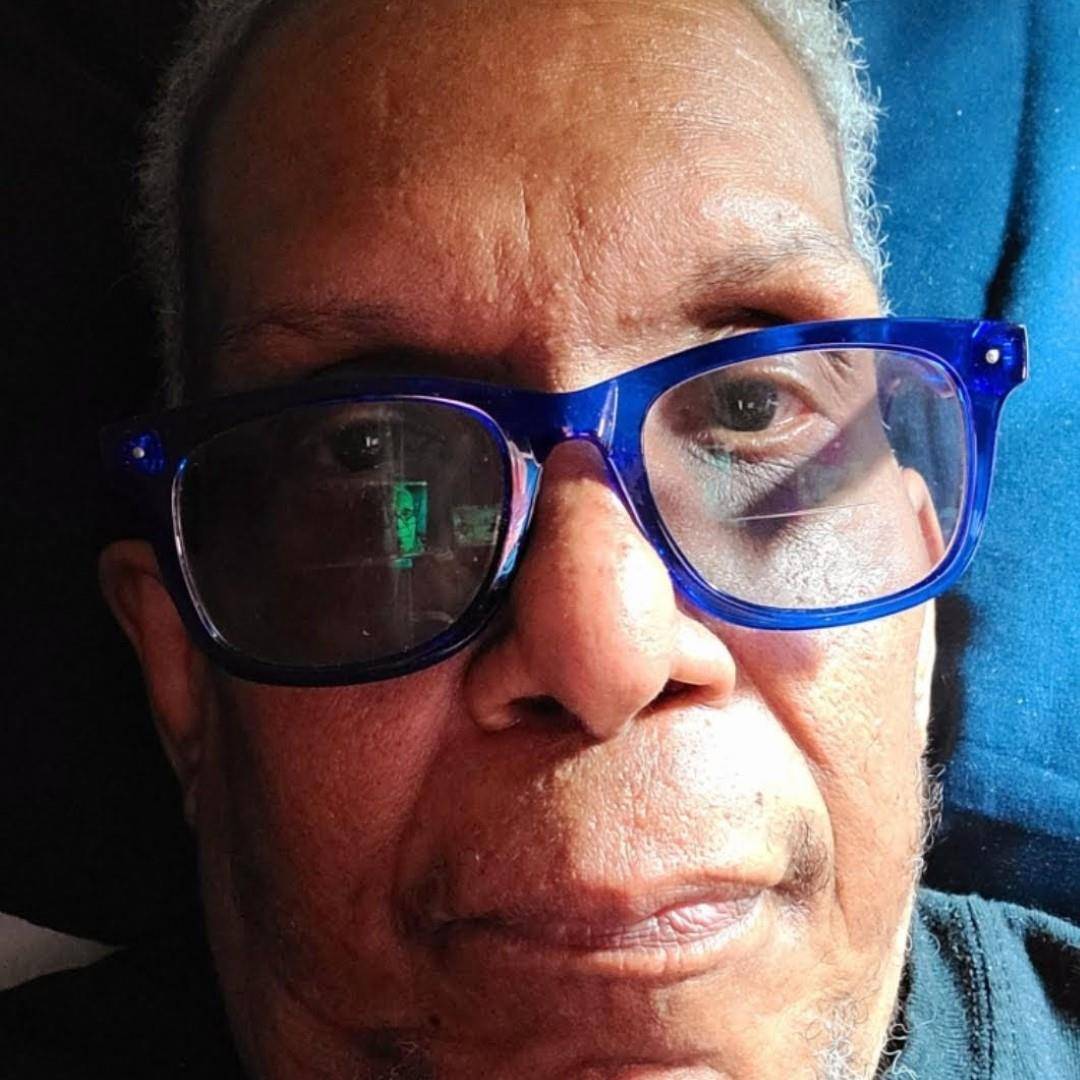The Future of Music Collectibles
Web3 technology, particularly Non-Fungible Tokens (NFTs), has catalyzed a paradigm shift in the music industry, revolutionizing how artists engage with their fan base and monetize their work. This intersection of Web3 and music collectibles has birthed a new era of digital memorabilia, exclusive merchandise, and limited-edition releases, fundamentally altering the dynamics of fan interaction.
One of the most prominent applications of NFTs in the music industry is the creation of digital memorabilia. Artists can tokenize rare or iconic moments from their careers, such as concert footage, backstage access, or personal artifacts, and offer them as NFTs to fans. These digital collectibles hold intrinsic value due to their scarcity and authenticity, allowing fans to own a piece of their favorite artist's legacy. Moreover, NFTs provide a transparent and immutable record of ownership, ensuring the provenance and authenticity of each item.
Exclusive merchandise has also undergone a transformation with the advent of NFTs. Artists can now release limited-edition digital goods, such as virtual concert tickets, digital artwork, or custom avatars, as NFTs. These digital assets not only serve as unique collectibles but also grant holders access to exclusive experiences, such as virtual meet-and-greets or VIP events. By leveraging blockchain technology, artists can establish direct relationships with their most dedicated fans, bypassing traditional intermediaries and retaining greater control over their creative output.
Furthermore, NFTs have become a vehicle for limited-edition releases in the music industry. Artists can tokenize unreleased tracks, remixes, or live performances and offer them as NFTs, providing fans with an opportunity to own exclusive content that cannot be replicated or distributed elsewhere. This scarcity-driven model incentivizes fan engagement and fosters a sense of community around the artist's work. Additionally, NFTs enable artists to experiment with innovative distribution methods, such as auctions or dynamic pricing, thereby maximizing the value of their intellectual property.
In essence, the intersection of Web3 and music collectibles has reshaped the way fans interact with their favorite artists, ushering in a new era of digital ownership and fan engagement. NFTs have empowered artists to monetize their creativity in novel ways while fostering deeper connections with their audience. As the music industry continues to embrace blockchain technology, the possibilities for innovation and collaboration are limitless, promising a more decentralized, inclusive, and vibrant ecosystem for artists and fans alike.
See my post about how Herbie Hancock could create a music collectible for the anniversary of ROCKIT

About Dwight Miller
With a dynamic career spanning the realms of technology and music, I've established myself as a pioneering entrepreneur at the intersection of innovation and creativity.
Beginning in the computer industry, I honed my skills as a computer engineer and educator, notably training engineers at Cape Canaveral and immersing myself in the cutting-edge world of technology. Transitioning to the music industry, I co-founded PKB Arts & Entertainment, producing iconic events such as the St. Lucia Jazz Festival and collaborating with legendary artists including Carlos Santana, Luther Vandross, and Patti Labelle.
Amidst the challenges of the pandemic, I delved into blockchain technology, aiming to revolutionize the music industry by empowering musicians through Web3 technology. My vision is to create a more equitable and sustainable music ecosystem, where artists thrive and technology serves as a catalyst for positive change. As I continue to navigate the ever-evolving landscape of entrepreneurship, I remain committed to driving progress and leaving a lasting impact on both industries.
